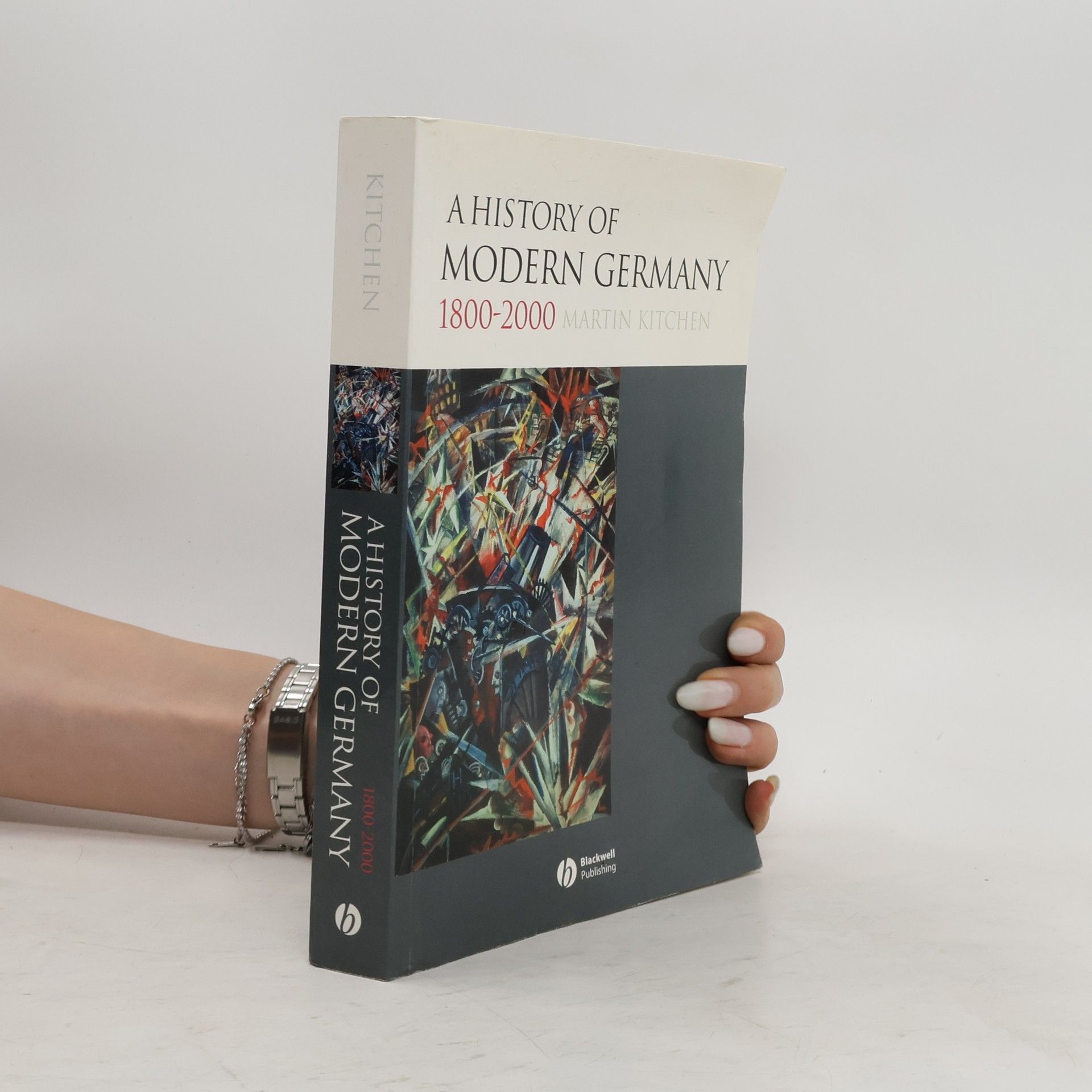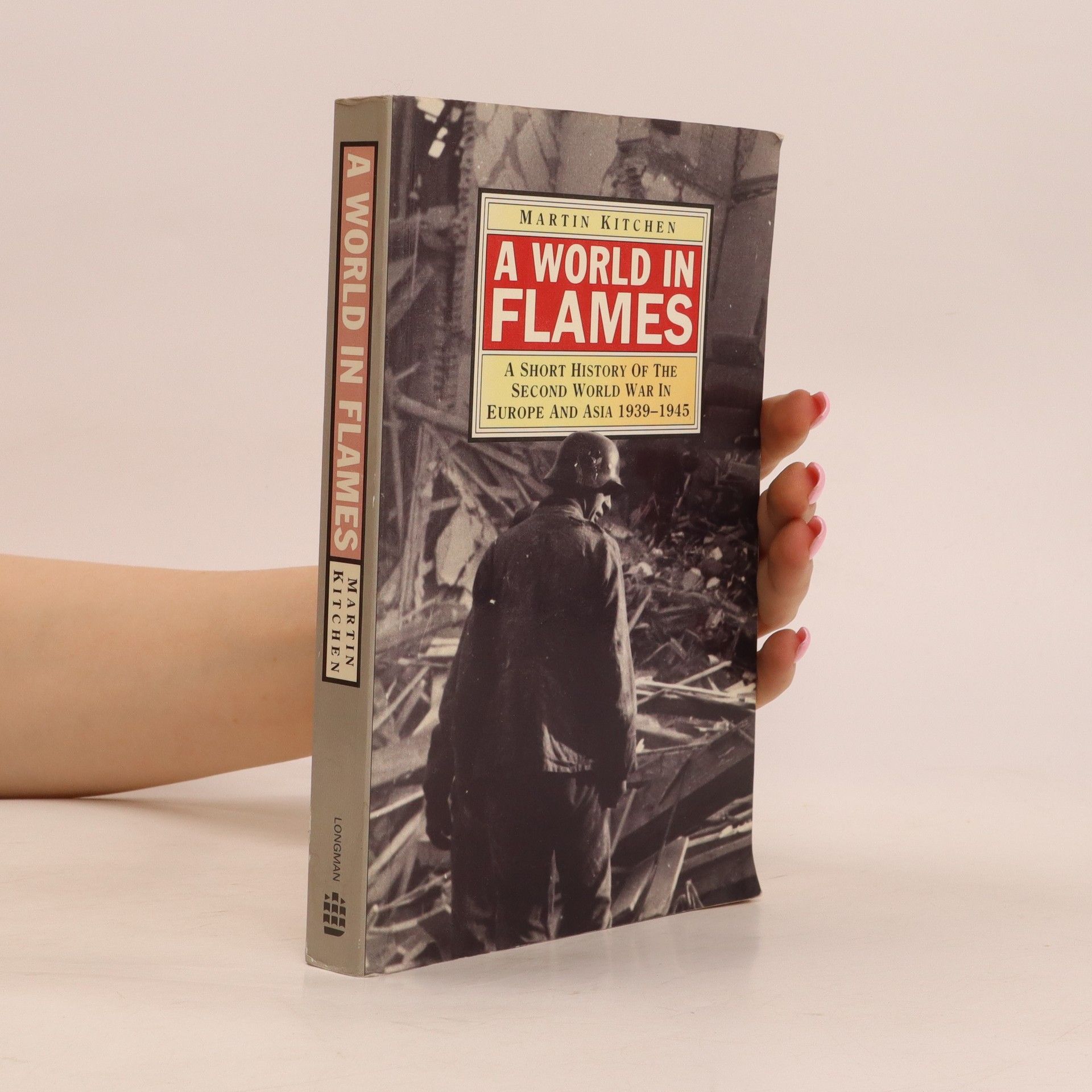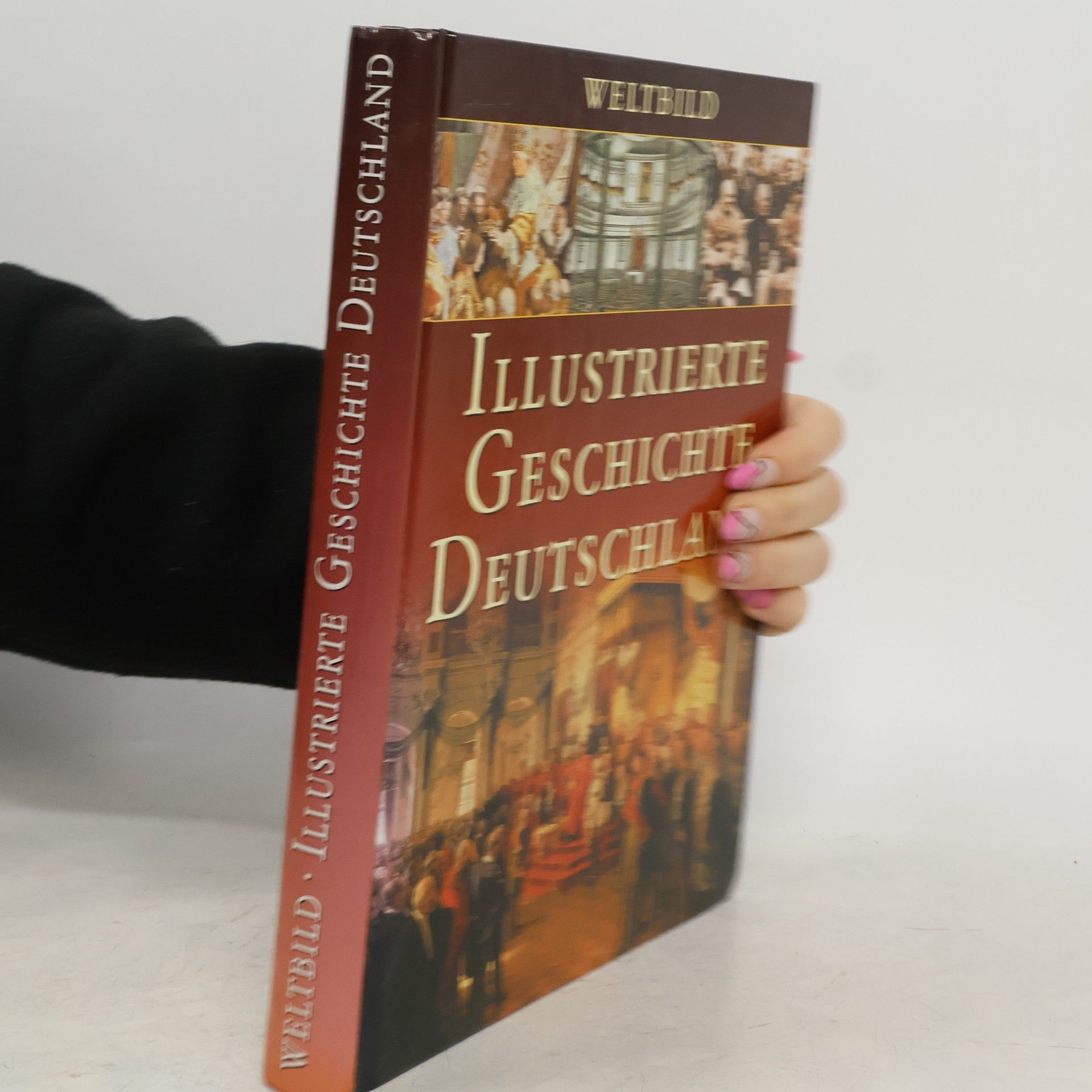The Political Economy of Germany, 1815-1914
- 306 pages
- 11 hours of reading
Focusing on the late 19th and early 20th centuries, this work delves into the interplay between economic history and broader political and social issues shaping the German political economy. It challenges traditional economic narratives by exploring how political and social factors influenced economic development during this transformative period.



